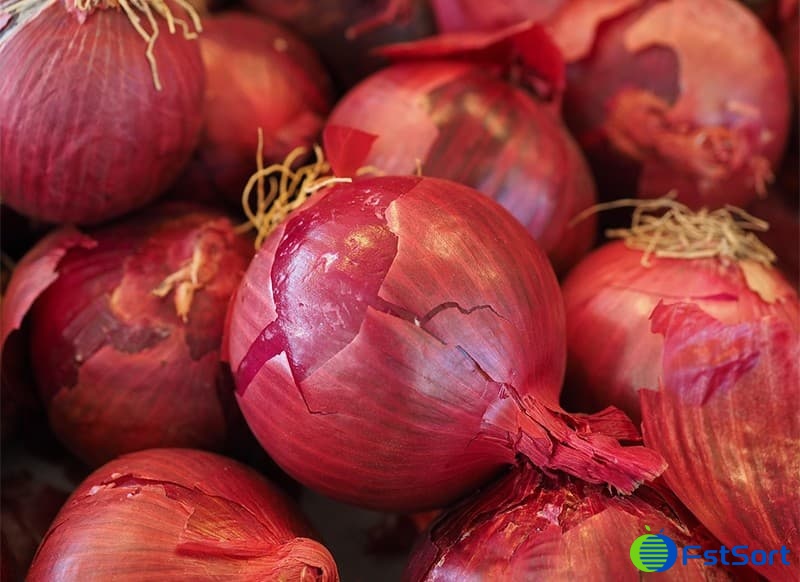In the fast-evolving agricultural sector, the demand for efficiency, precision, and quality has driven the development of cutting-edge sorting technologies. Among the most transformative innovations is the electronic weight sorting machine—a game-changer for onion processing. This advanced technology enhances the sorting process by accurately categorizing onions based on their weight, ensuring consistent quality, optimized yield, and reduced labor costs.

The Power of Precision: How Electronic Weight Sorting Machines Work
The core advantage of electronic weight sorting machines lies in their ability to provide high-precision sorting of onions based on their exact weight. Unlike traditional mechanical sorting methods, which rely on size and shape, electronic weight sorting machines utilize advanced load cells to measure the exact weight of each onion as it moves through the system.

Key Advantages of Onion Grading Machines
Unmatched Accuracy and Efficiency
Electronic weight sorters offer unparalleled accuracy in sorting onions, minimizes errors and maximizes the consistency of sorted onions, crucial for meeting consumer expectations and industry standards.
Reduced Labor Costs
Traditional onion sorting methods often require manual labor, which can be slow and prone to human error. By automating the sorting process, this onion calibrator machines reduce the need for manual labor, cutting down on labor costs and improving overall operational efficiency.
Customization and Flexibility
One of the standout features of onion weight grader is their flexibility. Operators can easily adjust the weight thresholds to match different market requirements or packaging specifications. Whether sorting onions for retail, wholesale, or export, the machine can be calibrated to suit various product specifications.

Applications of Electronic Sizers in Onion Processing
this sorting equipments are increasingly being used in onion processing plants worldwide, especially in regions with large-scale onion production. These machines cater to various applications:
Pre-Packing Sorting:
Onions are sorted based on weight before being packed for sale in supermarkets, grocery stores, or wholesale markets. This ensures that packages contain uniformly sized onions, catering to customer preferences for consistency.
Quality Control:
Sorting onions by weight helps remove those that do not meet the required standards. For example, onions that are too small or excessively large can be sorted out, leaving only the best products for sale.
Export Quality Control:
For exporters, electronic weight sorting ensures that onions meet international standards. Different countries may have specific size or weight requirements for onions, and the machine can be adjusted accordingly to guarantee compliance.
Storage and Distribution:
For long-term storage, onions of the same weight range are often grouped together, ensuring they age at a similar rate and reducing the risk of spoilage. This is particularly useful for onions that need to be stored in bulk for extended periods before distribution.
Conclusion: Why Choose Electronic Weight Sorting Machines for Onion Processing?
In the competitive world of agriculture, the ability to sort onions quickly, efficiently, and accurately is a crucial factor in maintaining profitability and quality standards. Electronic weight sorting machines offer an unbeatable combination of precision, speed, and reliability, transforming the way onions are processed and packaged for the market.
By investing in this technology, onion processors can not only improve operational efficiency but also deliver superior products to consumers. As the industry continues to embrace automation, electronic weight sorting machines are poised to play an even more significant role in the future of onion processing, contributing to more sustainable, cost-effective, and scalable operations.